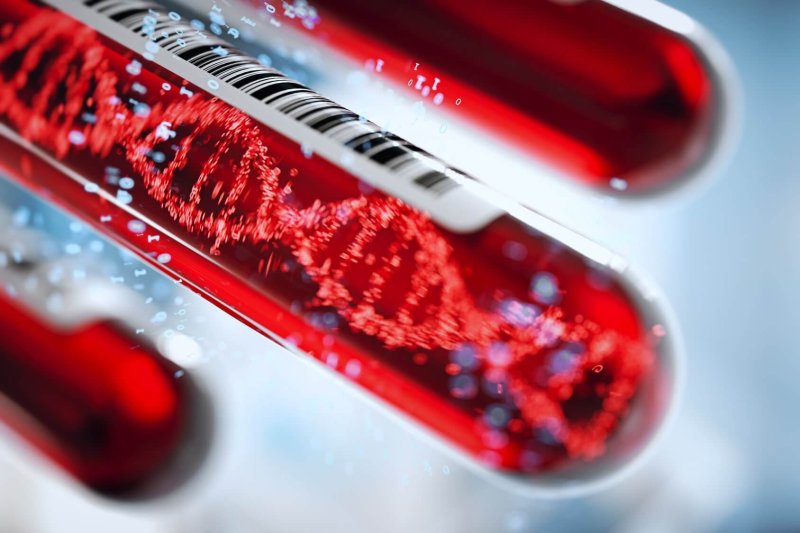By using a blood test, [an] international team was able to diagnose cancer long before symptoms appeared in nearly all the people it tested who went on to develop cancer.
“What we showed is: up to four years before these people walk into the hospital, there are already signatures in their blood that show they have cancer,” says Kun Zhang, a bioengineer at the University of California, San Diego, and a co-author of the study. “That’s never been done before.”
…
Zhang and his colleagues focused on developing a test for five of the most common types of cancer: stomach, esophageal, colorectal, lung and liver malignancies. The test they developed, called PanSeer, detects methylation patterns in which a chemical group is added to DNA to alter genetic activity.
The PanSeer test works by isolating DNA from a blood sample and measuring DNA methylation at 500 locations previously identified as having the greatest chance of signaling the presence of cancer. A machine-learning algorithm compiles the findings into a single score that indicates a person’s likelihood of having the disease. The researchers tested blood samples from 191 participants who eventually developed cancer, paired with the same number of matching healthy individuals. They were able to detect cancer up to four years before symptoms appeared with roughly 90 percent accuracy and a 5 percent false-positive rate.































